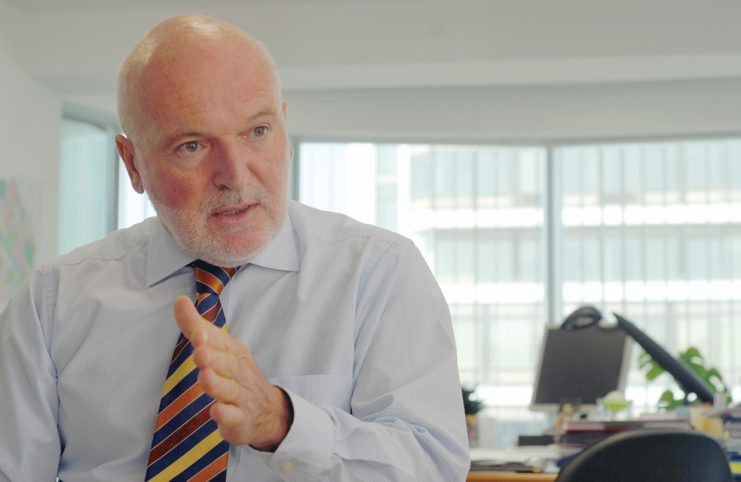SDSM was hoping that high level international visitors will help break VMRO – similarly to the visits from the likes of Merkel, James Mattis and Theresa May in 2018 – which never the less failed to get Macedonians to vote for the imposed name change in a referendum. In the run up to this session, Germany adopted a Bundestag resolution acknowledging the national heritage of the Macedonians – meant to assure the country that the process of joining the EU will not be turned into rewriting the Macedonian national identity according to the Bulgarian narrative. Several countries dispatched their foreign ministers and the US sent a senator from Connecticut, but this did not get VMRO to move.
Erwan Fouere, former EU ambassador to Macedonia and diehard supporter of SDSM, said that maybe Bulgaria should also be asked to make some concessions.
The choices before the Macedonian people are difficult. If Bulgaria wants to be remembered as an EU member state that respects and upholds the fundamental principles of human rights and the values on which the EU is based, it must accept and implement the verdicts of the European Court of Human Rights on the Macedonian minority in Bulgaria, after the amendments are adopted in the Parliament of Macedonia, Fouere said.
VMRO-DPMNE has proposed that Macedonia asks Bulgaria to make such concessions, including finally allowing Macedonians in Bulgaria to form their own associations and clubs, but the talks with SDSM on setting a joint position on this issue failed because of attempts to spin them for short-term political gain.




Comments are closed for this post.